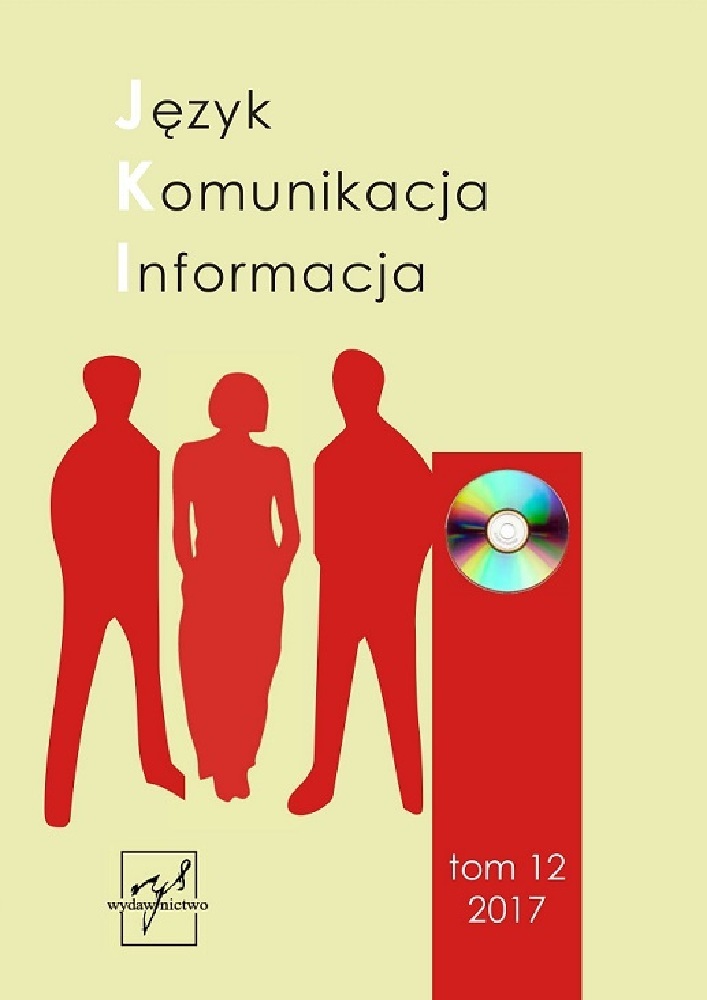Abstract
Sociological research on the Esperanto community has until now only to a limited degree concentrated on reading habits. In this article the author uses his own research on reading conducted during the 100th World Esperanto Congress (in 2015) as the basis for a comparison between the reading habits of those who use Esperanto with the results of research on reading habits carried out by the National Library of Poland (Biblioteka Narodowa) in Warsaw. Despite the difficult development conditions of Esperanto culture, with no school system or organized and well-financed cultural institutions, the Esperanto community has, on average, higher educational levels and reads more books than does the general public in Poland.References
Michalak, Dominika & Koryś, Izabela & Kopeć, Jarosław 2016: Stan czytelnictwa w Polsce w 2015 roku. Wstępne wyniki. Warszawa.
Forster, Peter 1980: The Esperanto Movement. Haga/Paryż/Nowy Jork: Mouton de Gruyter
Galor, Zbigniew & Pietiläinen, Jukka 2015: UEA en konscio de Esperantistoj. Dobrichovice (Praha): Kava-Pech.
Rašić, Nikola 1994: La rondo familia. Sociologiaj esploroj en Esperantio. Piza: Edistudio.
License
Open Access Policy: This journal provides immediate open access to its content on the principle that making research freely available to the public supports a greater global exchange of knowledge.
By sending their contributions authors accept that papers published in this journal are available online free of charge (Open Access) and are subject to the Creative Commons license 4.0 version BY-NC-ND.
